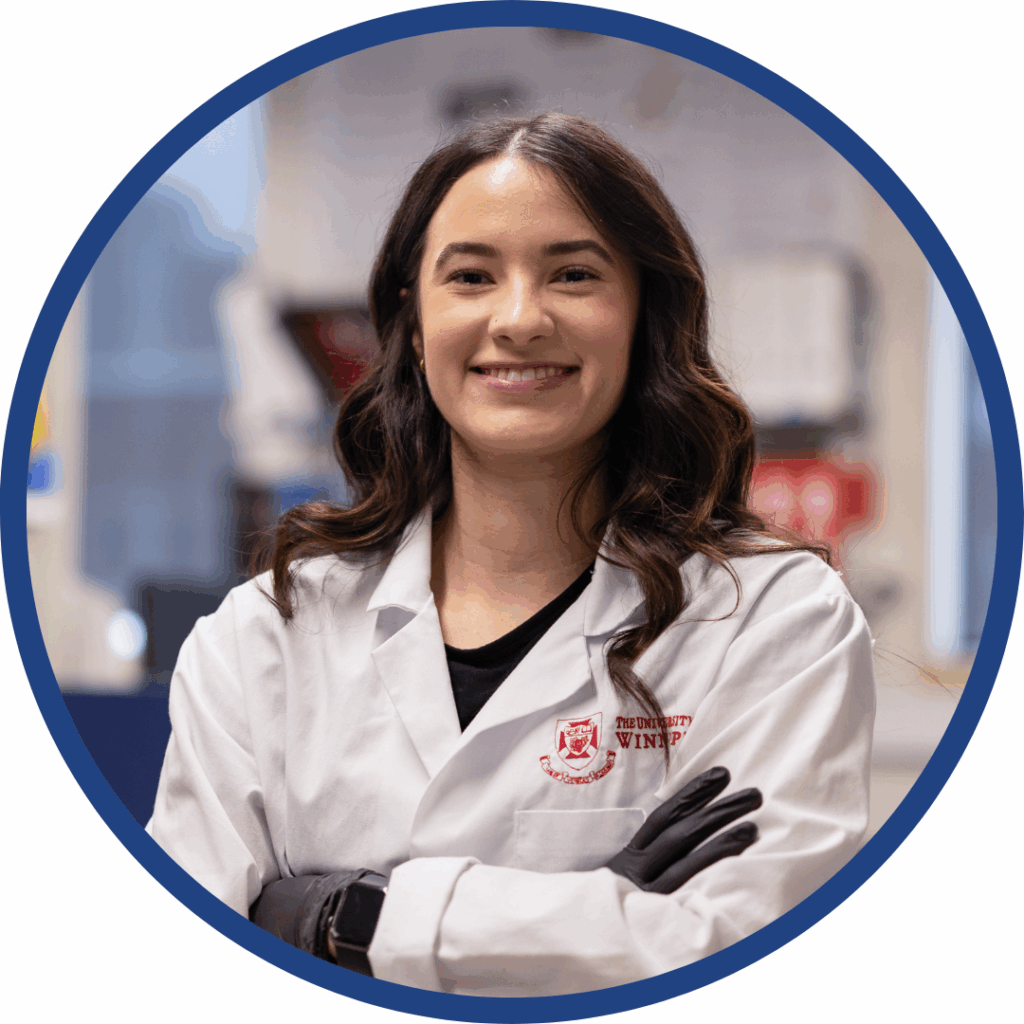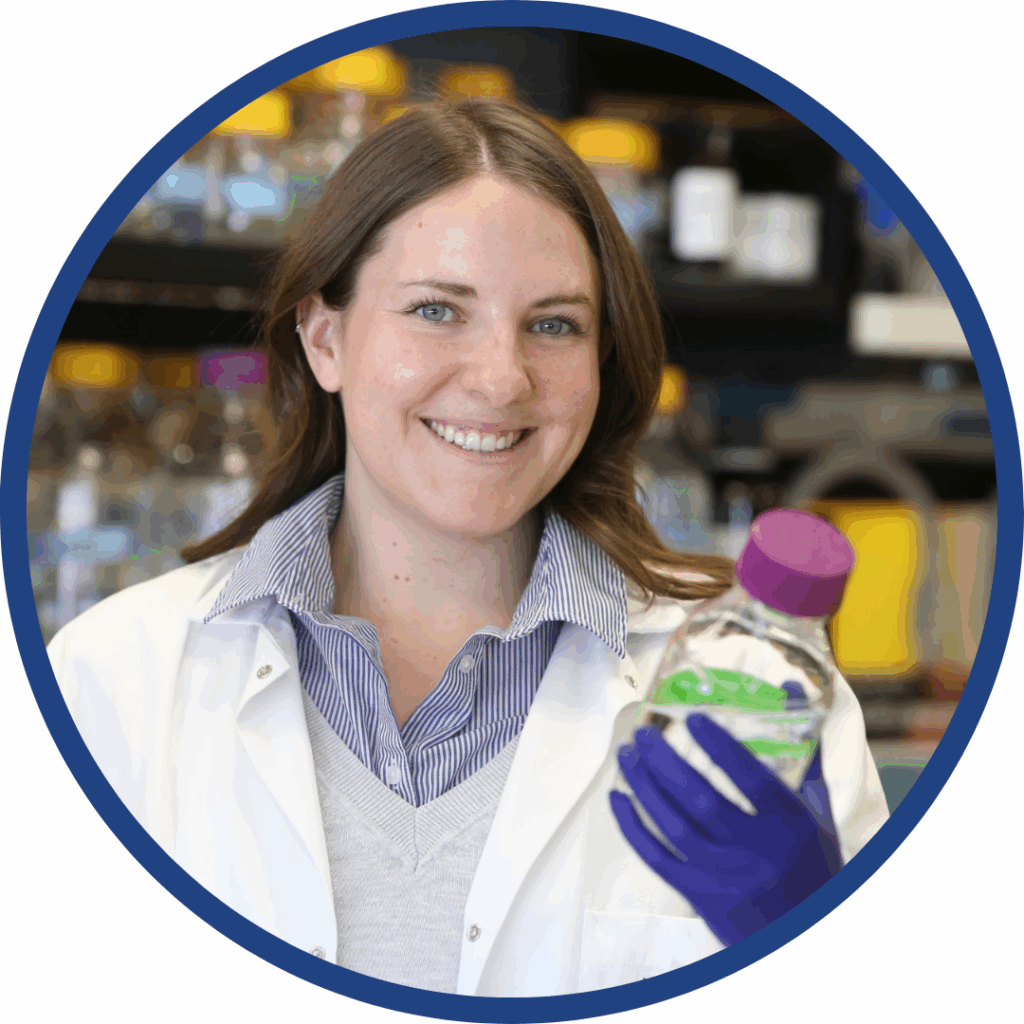Indigenous student researchers are shaping the future of cancer research
June 4, 2025
Backed by a national partnership, three emerging scholars are bringing Indigenous knowledge, lived experience and leadership to the forefront of cancer care in Canada.
The Canadian Partnership Against Cancer (the Partnership) is driving a new chapter in cancer research by partnering with the Canadian Cancer Society (CCS) to support emerging First Nations, Inuit and Métis student researchers from across Canada. This initiative isn’t just about research—it’s about reshaping the future of cancer care through a new generation of leaders who will redefine how cancer is understood and treated in Canada.
This work is made possible through CCS’s Research Training Awards—one of several strategic funding opportunities aimed at building a broad and inclusive research strategy. The Partnership is proud to help bring these awards to life and support First Nations, Inuit, and Métis governed research and data systems. Since this collaboration began in 2023, three researchers have received funding with the Partnership’s support. Learn more about the researchers, their work and why each believe access to funding matters for empowering future Indigenous researchers in health and cancer care.
Meet the researchers:

Hailey Langford
Red River Métis
2023
Hailey Langford is a master’s candidate at the University of Winnipeg. Her research project Determining Efficacy of a Novel Blood Test in Detecting Colorectal Polyps and Cancer was made possible in 2023 when she was a recipient of the Research Training Awards.
Like many, Langford was motivated to pursue cancer research after personally seeing its impact on loved ones. Langford is contributing to important research in colorectal cancer screening, with a focus on researching new blood tests.
“For me, cancer research is about turning pain into purpose – using science to make a difference, and hopefully sparing others from the same kind of battles and loss.”

Meghan McCue
Abenaki, Odanak band
2023
Meghan McCue is a PhD candidate and graduate of Laurentian University. Speaking about her research project Exploring the effect of triple-negative breast cancer and chemotherapy on the development of cachexia in a mouse model, McCue shares, “I wanted to dedicate my time to improving both quality and, hopefully, quantity of life for those who are currently dealing with cancers that are difficult to treat or diagnosed at late or terminal stages.”
McCue’s research on cancer’s impact on muscle tissues has showed promising results and she says the initial data collected is an important step towards a future where cancer patients have a higher quality of life in all stages of treatment, including in survivorship.

Bianca Garlisi
Upper Cayuga – First Nations, of the Six Nations of the Grand River
2024
Bianca Garlisi is currently progressing in her research which focuses on testing an experimental therapy to increase uptake of cancer drugs in pancreatic cancer. Garlisi was also drawn to cancer research due to its unfortunate impact close to home, with a special gratitude to early detection for its effect on her own father’s cancer treatment.
Garlisi is eager to continue in her research in the second year of her funding cycle. “With the funding from the Canadian Cancer Society and the Canadian Partnership Against Cancer, I feel a sense of pride that other people and organizations believe in not only this research but also believe in me.”
Why is access to funding so important for future Indigenous learners in the health space and beyond?
Access to funding for Indigenous learners not only advances individual careers in cancer research but plays a key role in healing and strengthening communities and provides long-standing opportunities for Indigenous scientists to make their mark in the world. CCS and the Partnership are fostering the development of Indigenous cancer researchers that will pave the way for future learners to follow, knowing that it is achievable and readily supported by major funding bodies.
-Meghan McCue
Research isn’t just about data— it’s about representation, amplifying voice and fostering innovation leading to more equitable and effective healthcare for everyone, especially Indigenous Peoples. Access to funding makes it possible for Indigenous students to be leaders in shaping the future of healthcare and science.
-Hailey Langford
Coming as an Indigenous woman in the biomedical field, specifically the cancer biology field, it is not hard to notice the lack of representation of both leaders and learners in our community…with access to funding like what has supported my PhD research, we are giving more Indigenous learners the resources to feel supported enough to take their place in this field.
-Bianca Garlisi
The Partnership remains dedicated to investing in and supporting culturally competent research that enhances cancer prevention, care experiences and outcomes for First Nations, Inuit and Métis. Explore how ongoing collaborations with First Nations, Inuit and Métis partners are advancing culturally specific, self-determined approaches to data and research—laying the groundwork for future cancer researchers as they work towards achieving more equitable cancer care across Canada.
